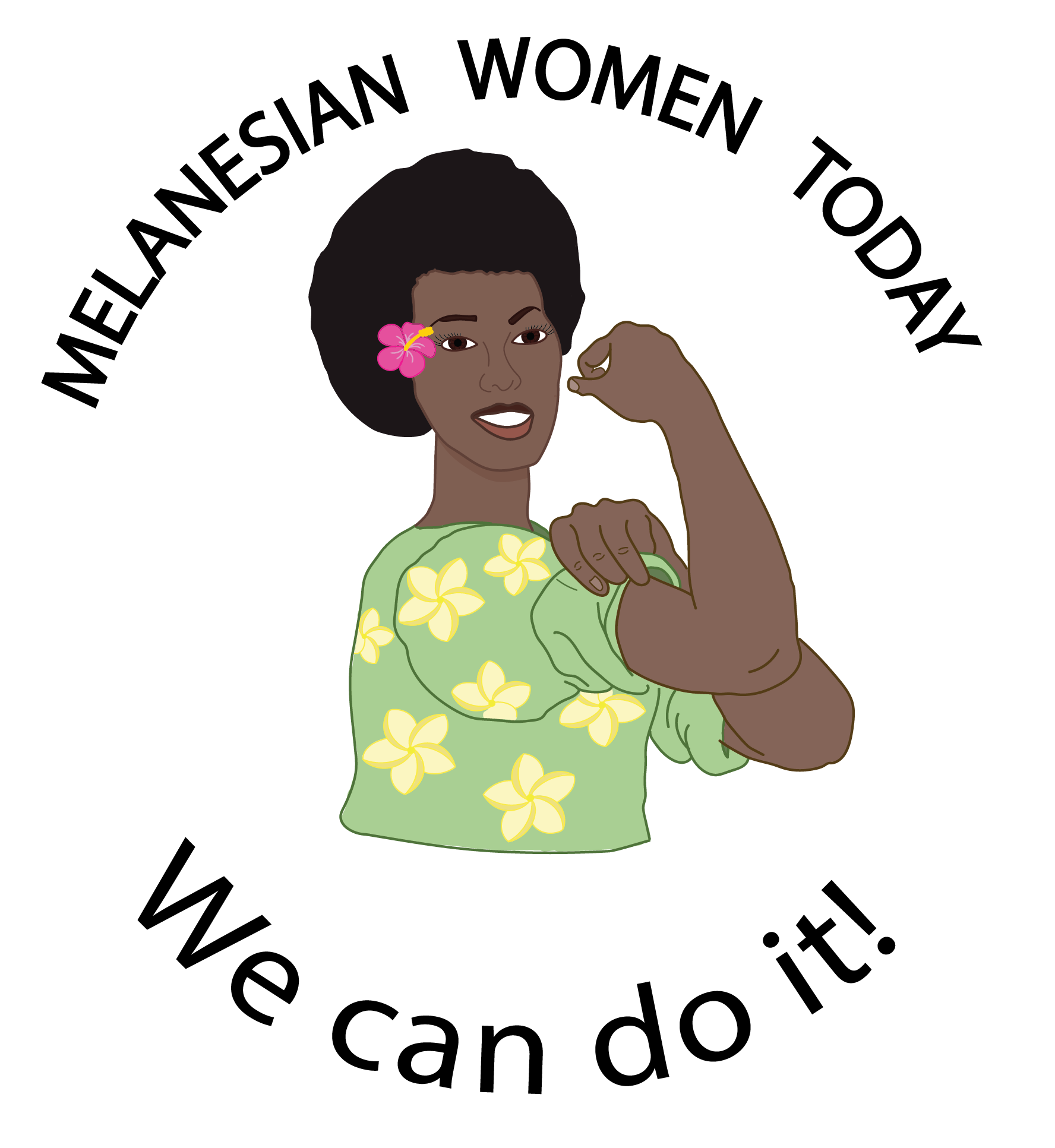Literacy
Last year, MWT celebrated 8 years of operation in the South Pacific region of Melanesia as a non-governmental organization in the country of Vanuatu where it is officially registered. To mark the 8 years of work, a joint outreach partnership project was held with a focus on the theme of respect of the indigenous languages of Vanuatu, literacy, cultures of Vanuatu and the environment during the popular, annual Christmas in the Park event held in the capital of Vanuatu on December 4th, 2020.
This joint outreach project was conducted through a communal learning approach with one of our women community programs, Vanuatu Mamas’ English Class, the Department of Forests with the Government of Vanuatu, and the Vanuatu Broadcasting Television Corporation. The goal of this outreach was to create an opportunity to highlight the importance of literacy in Vanuatu, and at the same time, celebrate the indigenous languages of Vanuatu by incorporating culturally responsive instructions in our literacy children’s activities during the event along with giving children an opportunity to explore and learn about the natural environment, in particular the endemic plants of Vanuatu and the Pacific.
Parsing the difference in cognition and worldview between Western languages (English and French) which are the two foreign languages most commonly used in Vanuatu, and the 110 plus Ni-Vanuatu languages, we realized that in order to address the low literacy rate in Vanuatu, we had to combine all three relevant areas that are intrinsically cognitive to the learning of ni-Vanuatu people because language, community, and the environment are irrefutably intertwined in Vanuatu languages and culture. During the event, children were given the opportunity to partake in traditional weaving of baskets led by the Vanuatu Mamas English Class, storytelling, learning about backyard gardening, and the endemic plants of Vanuatu. This gave the children and adults participating a relevant context in English literacy.
We believe that focusing on community-based solutions and community self-determination are two key factors to finding solutions to help our collaborative efforts. These approaches also support the women to stay focused on their work as advocates for English literacy as well as indigenous languages by continuing to incorporate culturally responsive instruction in their work so that more families can be encouraged to incorporate reading in their homes, and children can relate to reading materials that are made available to them exciting as well as relevant.

